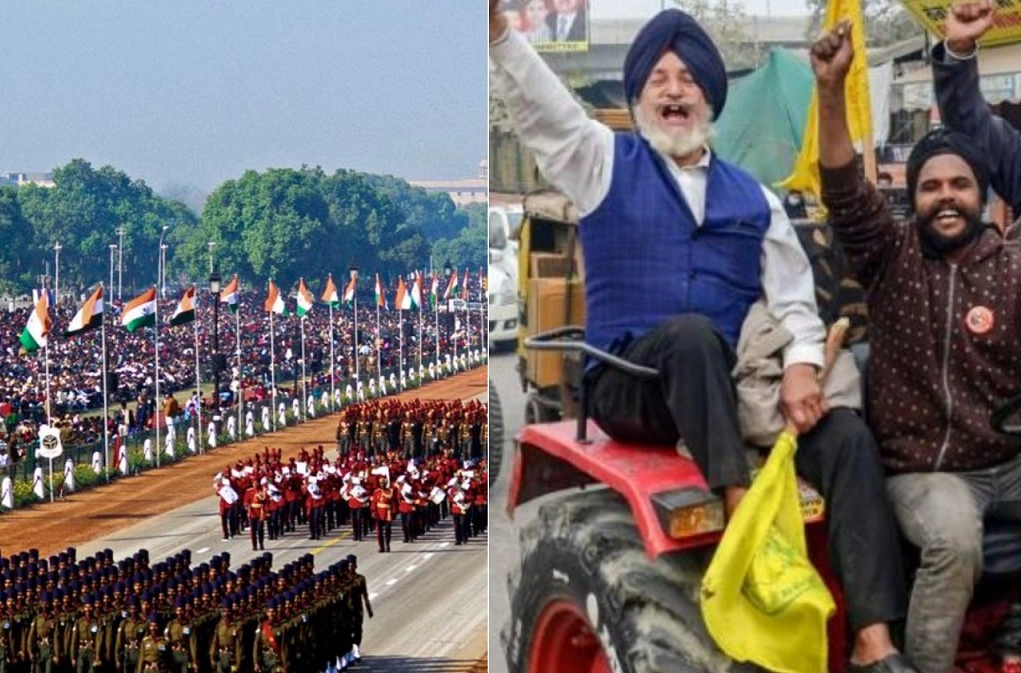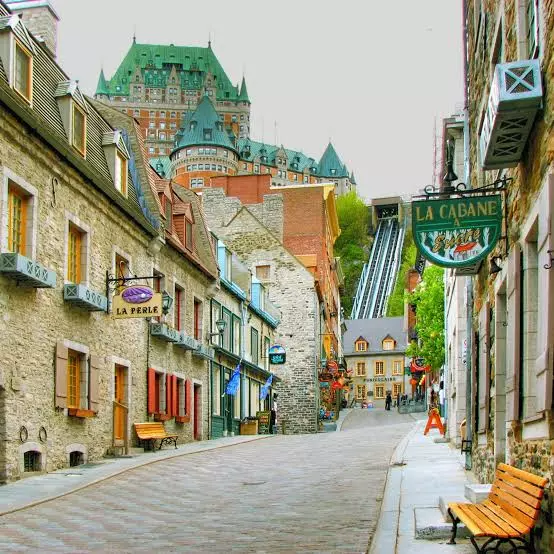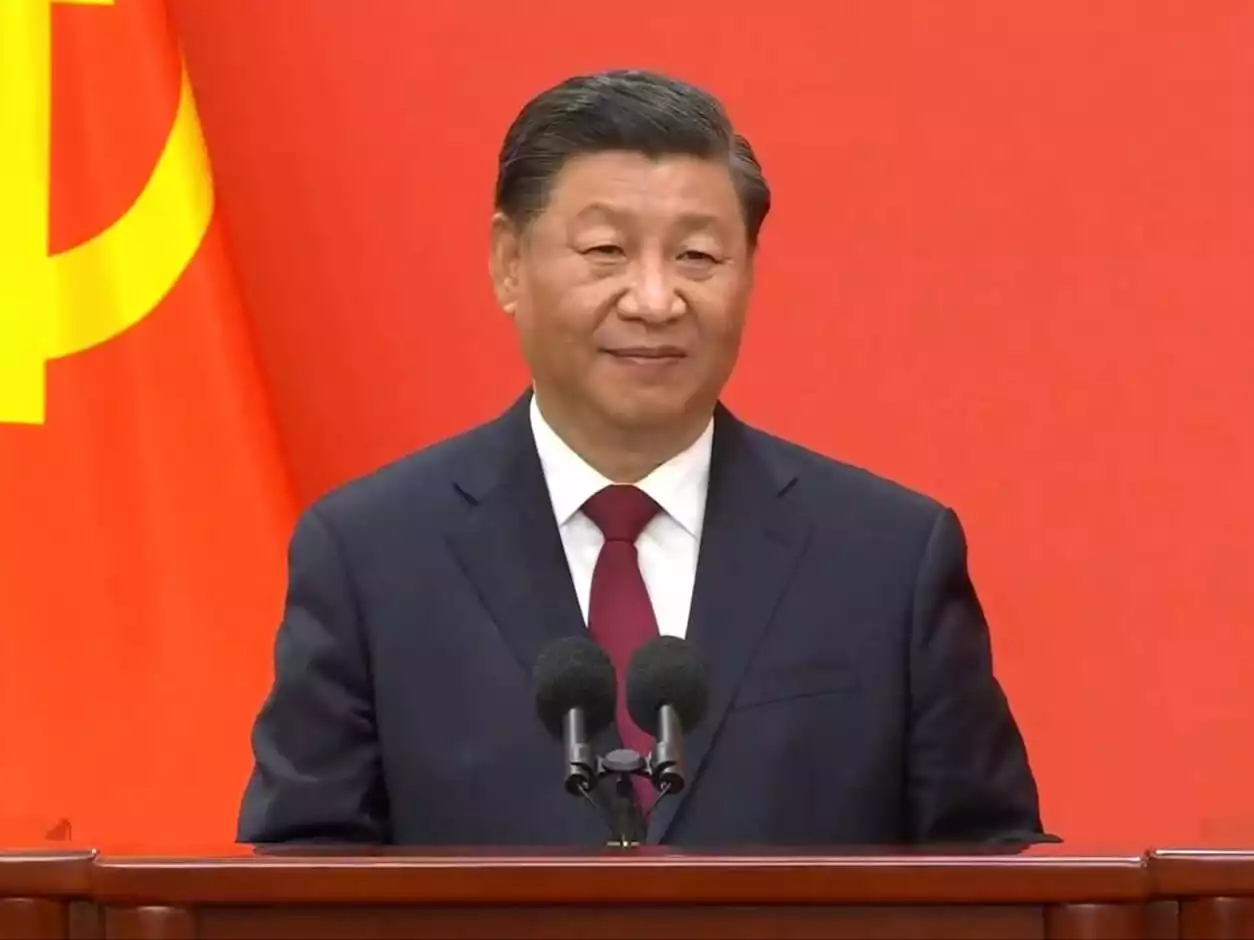India gained its liberty in 1947 from British colonialism, and the current Constitution of India was adopted by the Constituent Assembly on 26th November, 1949. The Constitution came into effect on 26 January 1950.Since that day, 26 January is annually celebrated as Republic Day in the world’s largest democracy. A military parade is considered one of the major traditional events of that day, along with a rich cultural parade as a tribute to India.
But this year, for the first time in Indian history, the country is experiencing a parallel parade (a veritable "parallel universe"!) on this upcoming Republic Day, 26 Jan 2021. There will be the traditional parade organised by the state, but a second one is being organised in gigantic form by the millions of farmer activists who are currently protesting against the anti-farmer laws passed in September, 2020 by the Parliament of India.
After occupying highways in and out of Delhi since September 2020, and after the deaths of 138 protestors (including 4 tragic suicides, plus hundreds injured) on the roads, farmers of the country are now planning to celebrate their parallel Republic Day parade in huge numbers. It is already reported that 2 lakh (two hundred thousand) tractors are expected to take part in this protest program. The crony capitalist government is clearly planning to use brutal force to suppress this spontaneous action to be taken by farmers. On the other hand, farmers have already readied mechanisms to take the street of Delhi on that day, compiling lists of tractors, names of the owners and those who are committed to participate on that day. Some are even modifying their tractors to be better protected if necessary from tear gas shells, water cannons and pellet guns. Many seem ready and willing to sacrifice their valuable farm equipment and their very lives for the cause. Recently, the seventh round of discussions between the Centre (Indian government) and representatives of protesting farmers ended with no results, as both sides remained firm on their demands. Farmers' organisations are showing an honourable, fearless attitude towards the central government and the capitalist media, declaring that demonstrators will never leave the highways until the offensive anti-farm laws are withdrawn or fully repealed, not simply "suspended."
It can now be easily predicted that if farmers are able to successfully celebrate this day, the Modi government will suffer a severe hit. Every day it seems more probable that the government will ultimately have no other option than to completely repeal the farm laws. If this is accomplished, then perhaps it would be the first significant victory for the Indian working classes against the Modi regime.
But as Indians we have already learned much from this movement, win or lose. Even among those of us who are followers of scientific socialism, some of us had imagined that an actual victory of the working class was nothing but a dream, at best a mere history lesson from the 20th century applicable to other places and other times. And sadly, this sort of defeatist thinking is very natural. After all, we have been ruled and exploited by the capitalist system since birth, and our country has experienced the very worst evils of capitalism for centuries, ever since the dark days of the East India Company and the British Raj. But for now, we realize that when the mainstream media becomes blind and the courts block the way, becoming nothing but tools of the ruling party, then the working classes themselves, with their own bravery and firm resolve, must necessarily open their own way.






